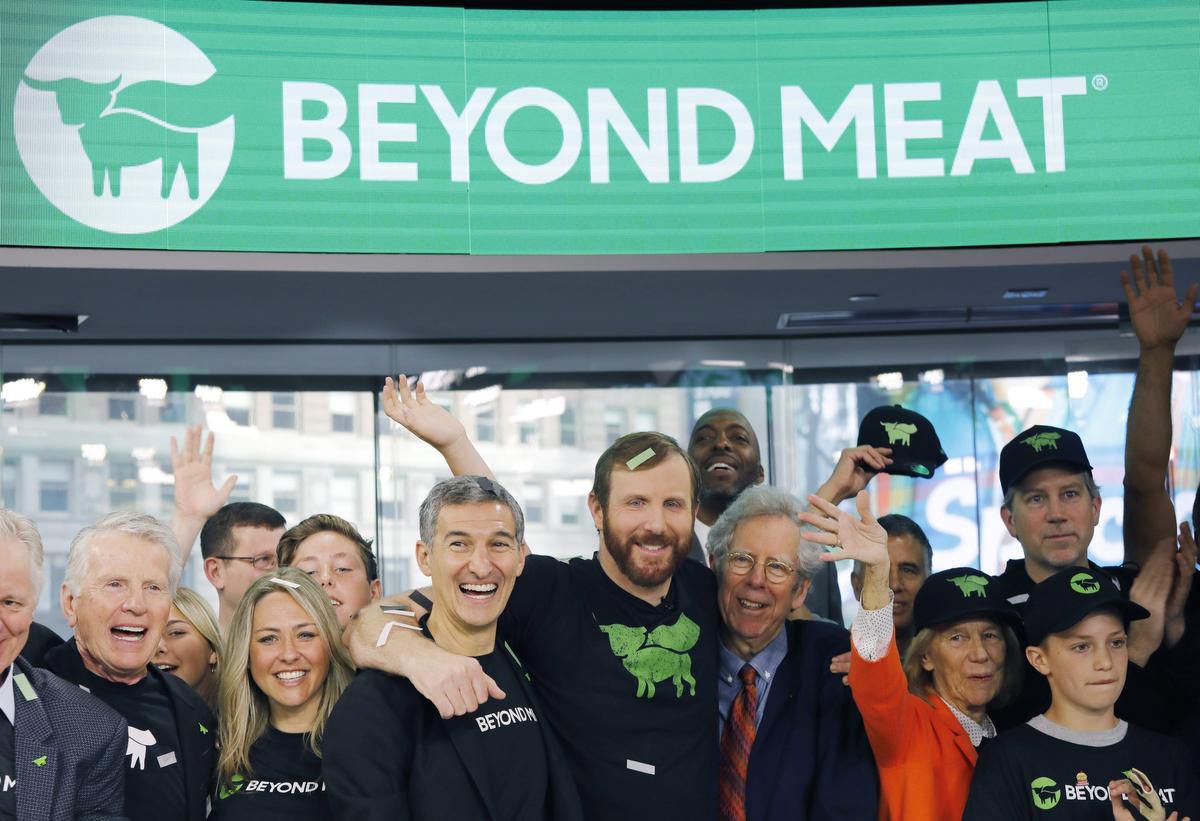Thanks for taking the time to speak with us today. What is your background/personal story?
Thank you for asking me to speak to you today. Like many, I did odd jobs growing up, learning business principles from those I worked for. In college, I studied science mostly, but I had a smart advisor who knew I wanted to run my own business someday, so she suggested I get a business minor. I had a scientific job out of college, but after a year I knew the lab was not for me as I enjoyed R&D and inspecting the plant while talking to those on the floor and learning about their jobs. I started reading about starting my own business, sales, people skills, etc, and snuck into a local college’s computer lab to research these things. I helped a friend start their business. Then, I did it for another friend. Then, another. I then worked for a company that was setting up a new location, and I was their manager there. That led to a referral, and I have been helping small business owners start and grow their businesses ever since.
Can you tell us a little about your business?
I’m a business coach that focuses on helping owners of small businesses in the $500,000 – $10,000,000 annual revenue range whose business growth has plateaued, and they’re stuck on this frustrating “no growth plateau.” I use my five-component, The Business Scaling Blueprint to help them get off this plateau. The Fractional Executive is my podcast where I interview business owners who have faced growth challenges.
On occasion, I take on fractional Chief of Staff/executive work, teach a college class or executive education class, work with part-time business owners who want to take their business full-time in a group coaching setting, develop other businesses, advise startups, and volunteer my time in my community, or as a topic presenter for new entrepreneurs trying to escape poverty.
What attracted you to this line of work?
Part of it is “being my own boss”, of course, but I am driven by solving problems. This work really fits my skill set of listening, strategising, supporting, sharing resources – including those in my network, and seeing the competencies in owners that either they don’t see or that they have not been recognised for. For years, I wasn’t sure what this type of work was even called, but I settled on a coach. For now! I like to think that I can see the competence in others and help them pull it out in a meaningful way.
Owning businesses can feel lonely. Owners have to wear many hats, as the saying goes. In my view, employers do not always get the accolades that they deserve. I like to think that I can help with many of these challenges.
What kind of clients do you work with?
I work with clients who have been frustrated for a while, oftentimes for years, and are now willing to change because what they have tried hasn’t worked as well as they had planned it to. I also work with clients who can calendar the time to work on or “above” their business and no longer have a functional executive role in their business. It’s not easy at all to do this, but business growth requires the personal growth of the business owner as well.
What are the most common problems or challenges you come across when working with your clients?
Business growth challenges in many functional business areas are usually all related, but to proactively position their business for growth, we categorised business growth challenges into five classifications: operational efficiency, organisational development, business development, financing, and executive growth of the owner. To take a deeper dive into one of these, organisational development has to do with becoming the employer of choice in your community and industry. To accomplish that takes a lot of effort! As your coach, I can support you in that by helping you with recruiting, interviewing, and onboarding resources, or by deciding who in your organisation runs that project.
What is the most rewarding part of your job?
The most rewarding part of my job is having an owner get to a place where they are comfortable being the strategic or visionary CEO of their business. For most, this is not natural, coming from a functional business role such as the CFO, CIO, CMO, or CPO.
What’s been your biggest success?
My biggest success is when decisions are made. I had one client who decided that they were not going to be the CEO of their company. That sounds like it could be a personal failure, but they had a trusted executive in their network. I encouraged him to interview her. He walked away from that interview deciding to offer her the job of CEO while he maintained the CFO role. That CEO became a minority owner, and that CFO majority owner learned how to be a strategic executive and visionary communicator from that CEO.
Why do many small businesses struggle to scale-up?
Most small business owners struggle to scale up simply because they continue to wear all or most of the hats of the functional executives of their business. It’s not easy to delegate to someone who will do it differently than you do. Delegation, though, is the first step to successfully scaling. That step usually comes with the realisation that someone on their team made a great decision that they may not have made in the same timely way.
What do you think the biggest challenges will be for businesses in 2023?
COVID proved to all of us business owners that customer preferences can change rapidly. For example, many restaurant owners moved as quickly as they could to an online ordering system that worked well and took advantage of touchless delivery. I think COVID exposed what was already there as far as customer preferences: customers want to be in charge to get things where they want and when they want them. This is still a thing in 2023!
In addition, there are some interesting new business productivity tools in 2023. There will be more! Which business owners will leverage them to help them scale?
If you could give our readers one piece of advice to help them on their journey to business success, what would it be?
I don’t give advice per se, but I would say this: if you want your business to grow, you must personally grow ahead of it! Contact me if you have struggles with how to do this. I had to do this myself!
Ryan Kauth is a business coach and executive who founded the current entrepreneurship program at the University of Wisconsin Green Bay. Over the past 25 years, he has helped hundreds of entrepreneurs grow their businesses. Ryan holds several business degrees and certifications, and has taught undergraduate and graduate business students and entrepreneurs. For more information visit www.RyanKauth.coach















